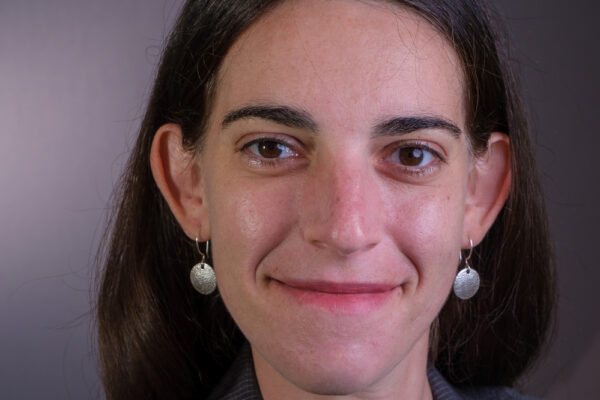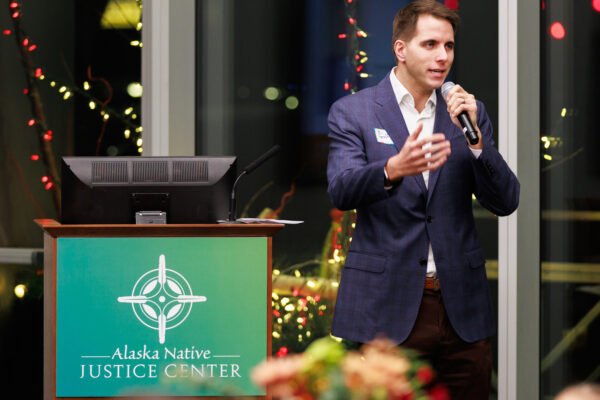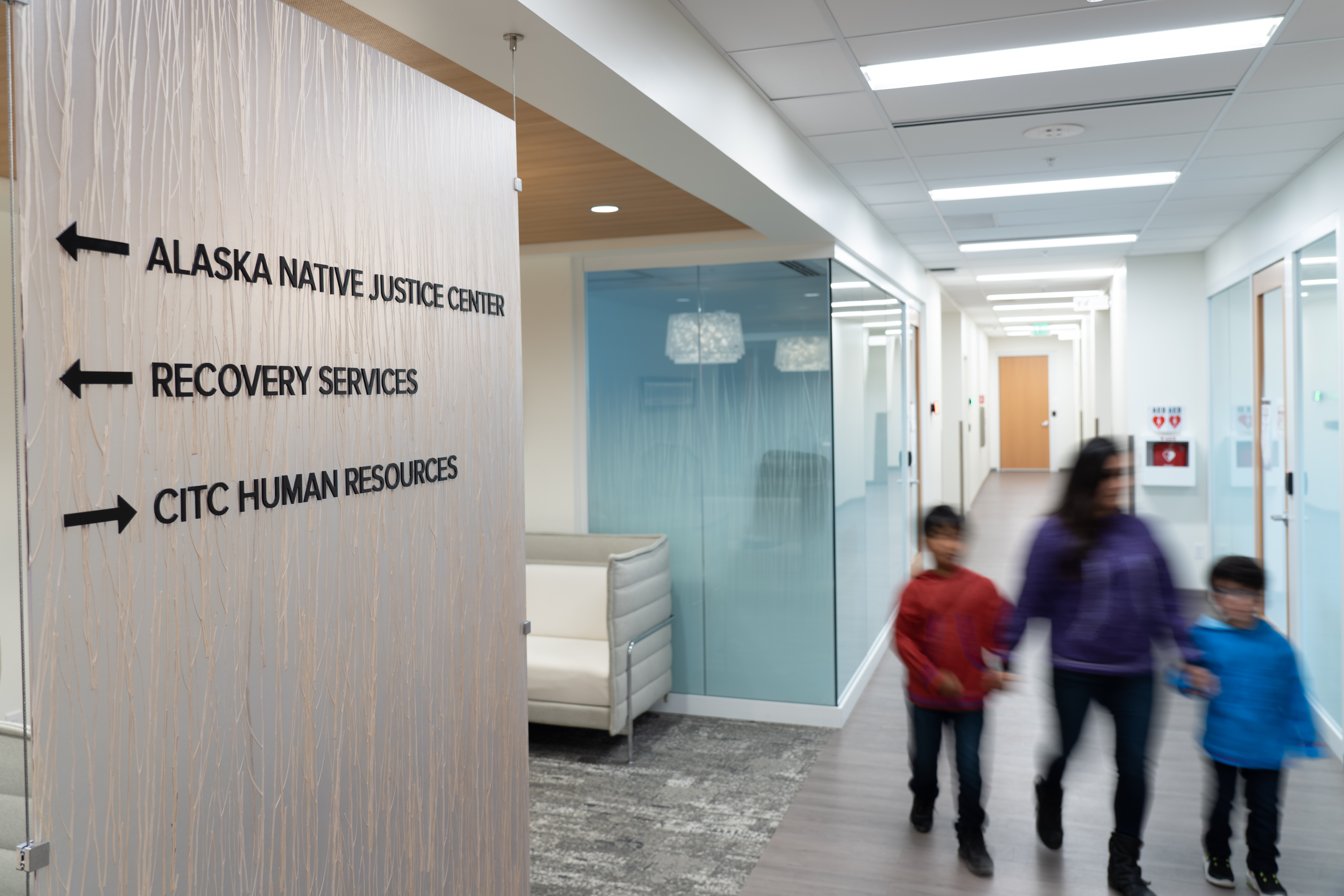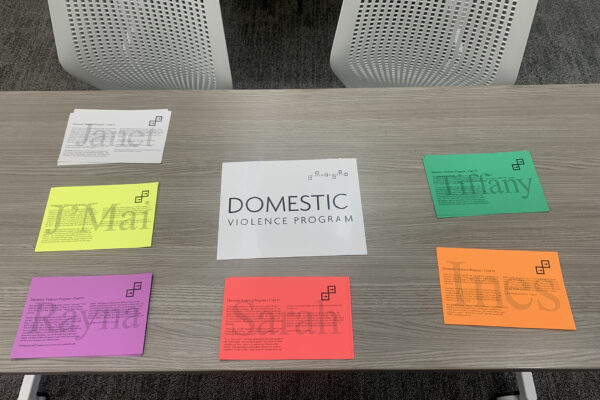ANJC tackles community’s most pressing issues, with the help of partners
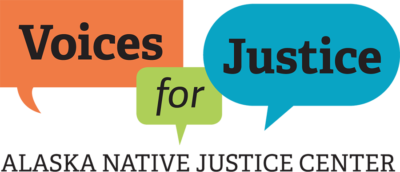 When the Alaska Native Justice Center (ANJC) was honored this year by the Foundation for the Improvement of Justice for its role in the movement that got Alaska State House Bill 34 passed into law, the award was a recognition of one of ANJC’s greatest strengths: its ability to bring partners together to affect real change.
When the Alaska Native Justice Center (ANJC) was honored this year by the Foundation for the Improvement of Justice for its role in the movement that got Alaska State House Bill 34 passed into law, the award was a recognition of one of ANJC’s greatest strengths: its ability to bring partners together to affect real change.
Throughout 2019, ANJC has nurtured and grown established partnerships and developed relationships with new partners that will allow the organization to provide more services to more people across the state.
“Seven of the grants we applied for this year required community partners, and when we approached the partners we chose, every one of them was an immediate ‘yes,’” reflected ANJC Director of Operations Tammy Ashley. “That’s entirely due to the work ANJC has done in the community, building our credibility and our reputation.”
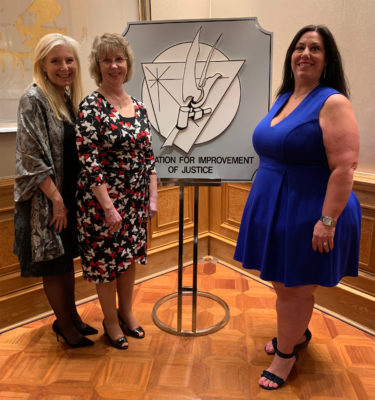
New partnerships with Lemon Creek Correctional Center in Juneau and Spring Creek Correctional Center (SPCC) in Seward have allowed ANJC staff to present to inmates throughout the year. In addition, SPCC is working with ANJC to bring reentry classes and support for those leaving the prison system to new locations. Meanwhile, relationships with partner organizations are allowing ANJC case managers to take services off-site to increase access to participants who have trouble traveling to ANJC’s Anchorage office.
“It’s all about meeting our people where they’re at and making sure accessing our services isn’t a burden on them,” Tammy said.
This year, ANJC brought on a team to represent Tribes, at their request, in Indian Child Welfare Act (ICWA) cases brought in Anchorage courts. Alaska Native and American Indian children represent a disproportionately high percentage of children in out-of-home care in Alaska; in Anchorage, the imbalance is even greater. Meanwhile, ICWA caseworkers speaking on behalf of Tribes are not appointed lawyers, while other parties in ICWA cases are. ANJC’s Tribal ICWA Representation Program seeks to correct this imbalance by providing Tribal representation, as well as legal guidance and consultation.
Since January, the Tribal ICWA Representation Program has assisted seven Tribes with 38 cases — vastly improving the results of ICWA cases for Alaska Native children and families.
ANJC also grew its Family Law program to assist survivors of crimes, with an emphasis on serving Elders and young people who have been victimized. ANJC’s laser focus on representing survivors of domestic violence, sexual assault, stalking, date rape, and trafficking continues to provide essential services in our community.
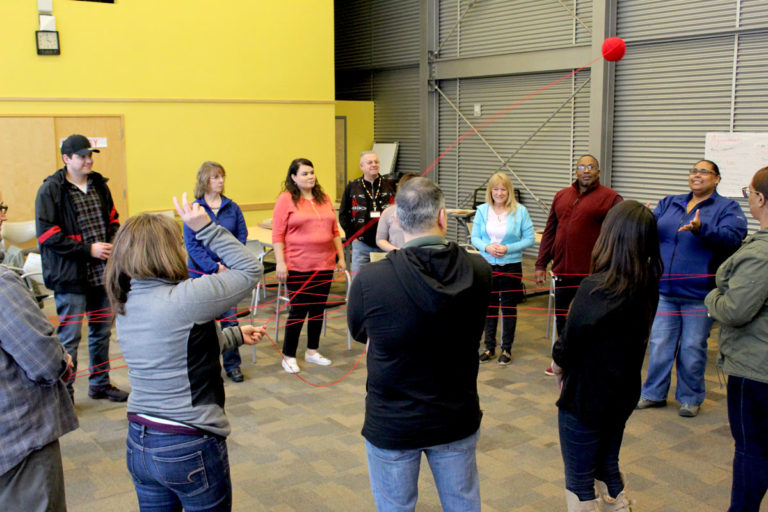
Looking toward 2020, ANJC has its eye on increasing services to young people. The organization will be working with the McLaughlin Youth Center (MYC) to provide reentry-type services, providing case managers to work with youth who are coming back into the community after being at MYC. ANJC is also partnering with Big Brothers Big Sisters of Alaska, making advocacy services and case management available to Alaska Native “littles” and their families.
ANJC is working on increasing its direct services to those who have been affected by human trafficking. And ANJC will continue to expand its reach, providing more services outside of Anchorage, including in the Mat-Su Valley.
“Access is a huge issue for our participants, or potential participants,” Tammy said. “With the support of our partners, we can continue to do more.”
What’s Next for ANJC?
- Service expansion: Increased advocacy around sexual assault (SA) awareness resulting in legislative support and changes throughout the state around SA crimes
- Increased advocacy: Additional partnerships with other advocacy organizations statewide
- Broadened client base: Services for rehabilitating sex offenders and providing case management
and support group to inmates currently incarcerated. - Youth-focused programs: Youth Development through mentoring and advocacy support for youth with partnerships with Division of Juvenile Justice and Big Brothers Big Sisters of Alaska

